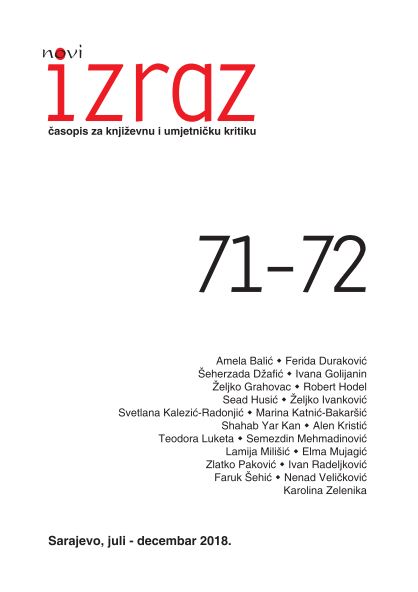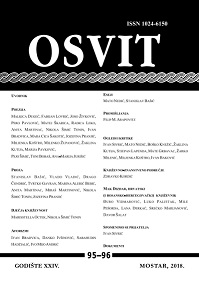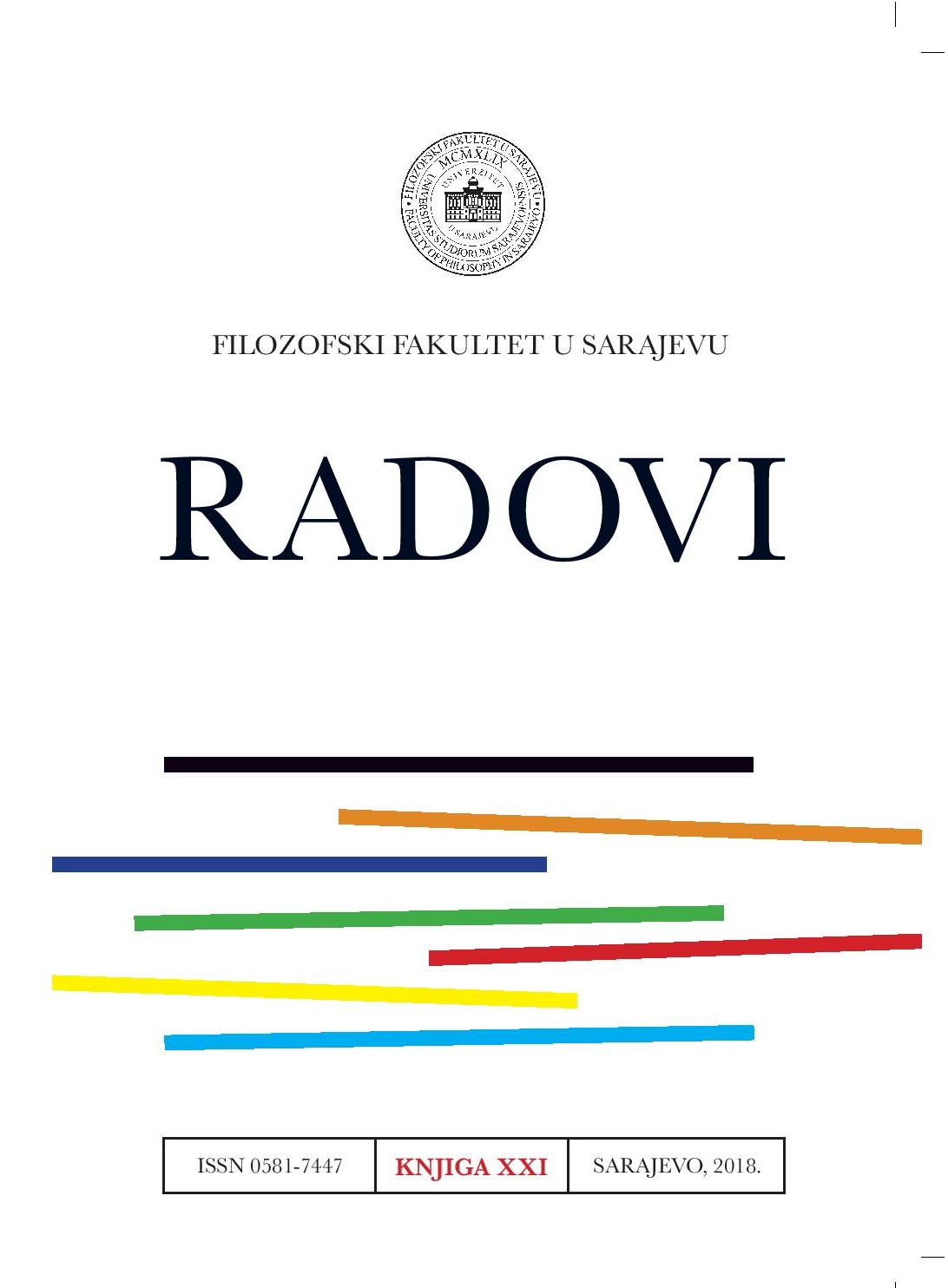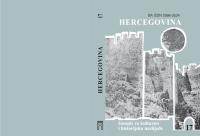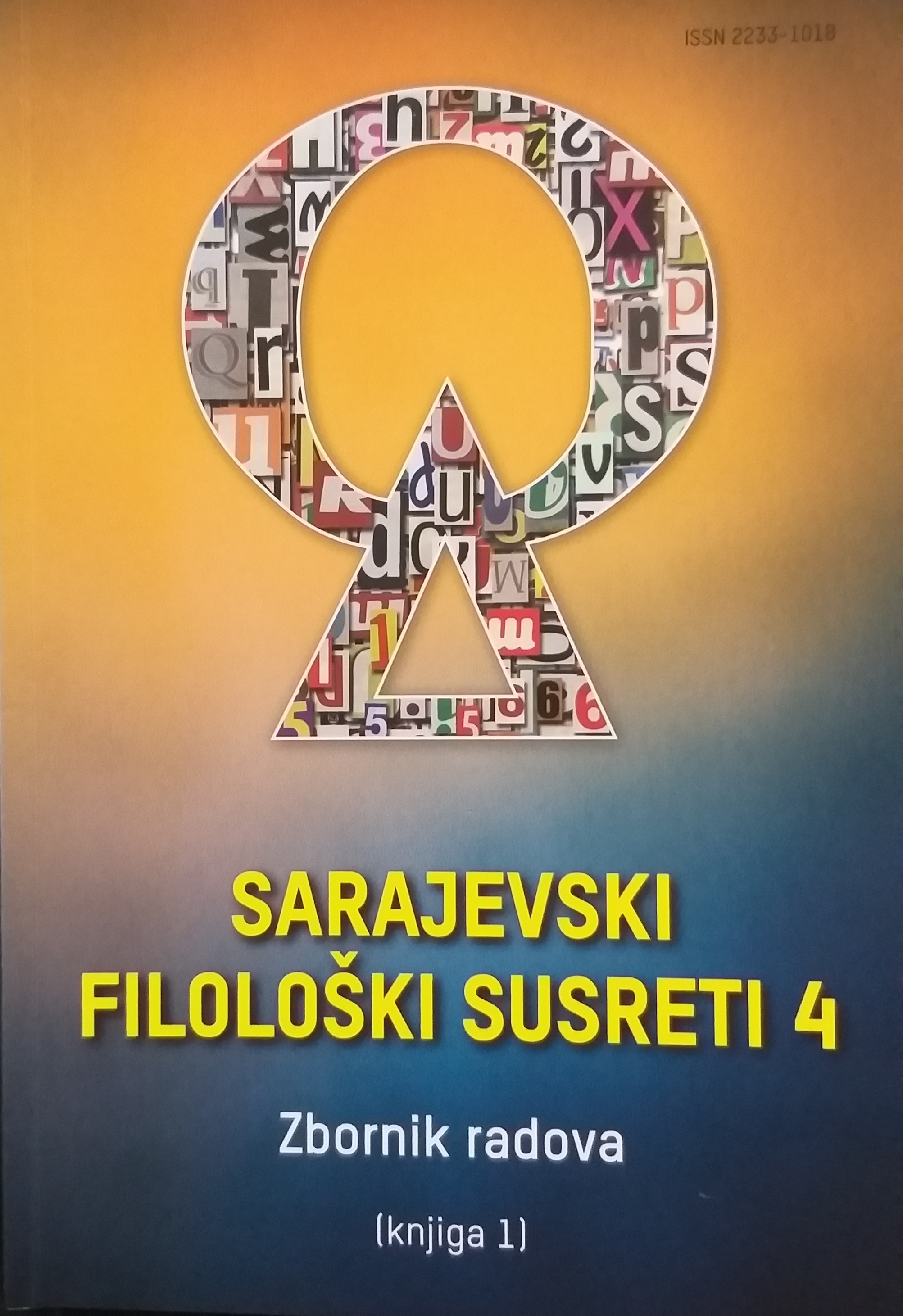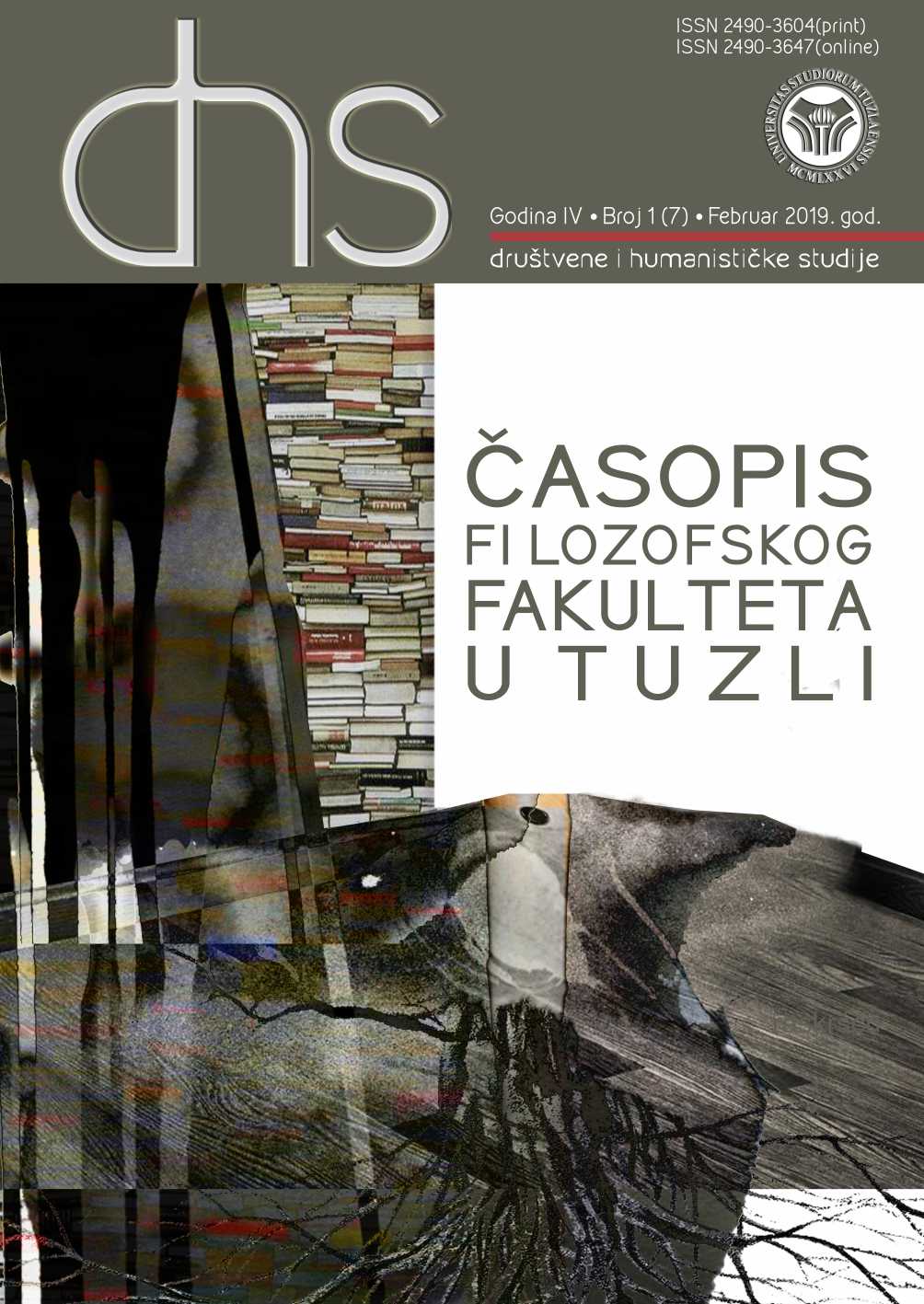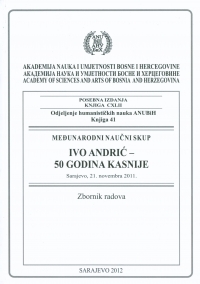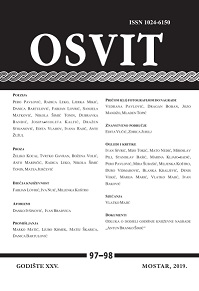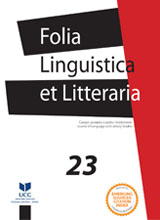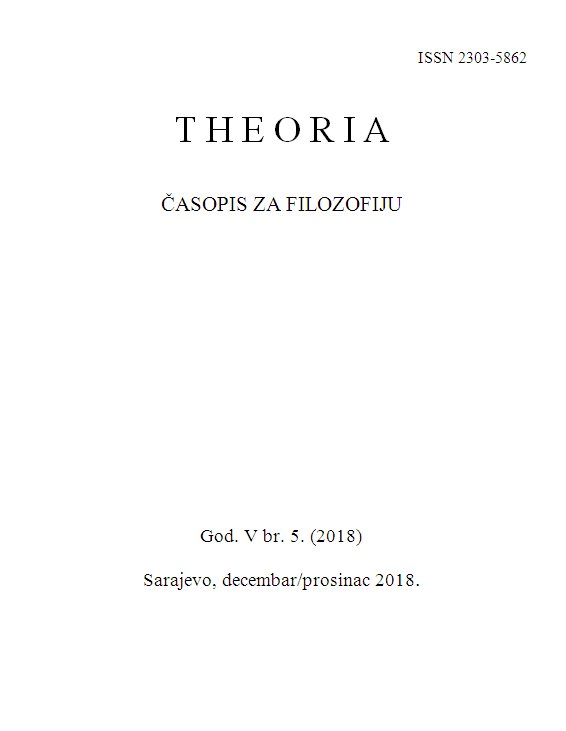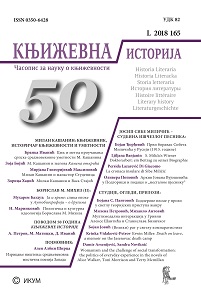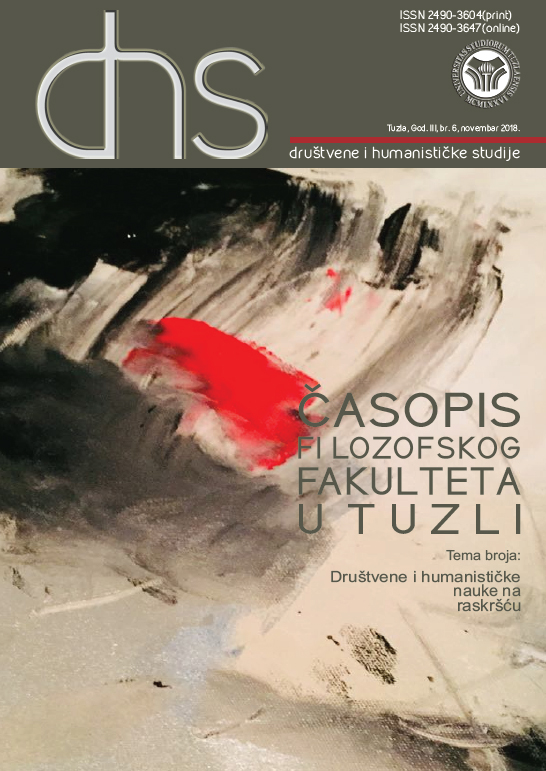
Motiv prostora (Bosne / kasabe) u Andrićevim pripovijetkama
The motive of space (Bosnia / borough), as the forms of his literary transposition in this work, we have identified and interpreted on concrete examples from the texts of Andrić’s narratives. The motive, as we have been convinced, is processed in several different and complex variants, among which there are common characteristics. We can talk about two types of space - a real toponymic space, and a space of dream in which characters equally ‘live and act’. The real space we focused on, regardless of whether it is a mountain, a village, a borough, a town, and so on, is presented mainly as a place of boredom, overall unhappiness, loneliness, suffering and dark, stuffiness, backwardness, cruelty, back facing each form of progress. All the properties of space are directly reflected and metonymically represent the characters / physiognomy of people (both spiritual and physical). Andrić suggests deep, rooted, bound and conditioned space and domicile people. All those characteristics will be even clearer in direct contact with different worlds and cultures. Mainly, the processing of the motive of space with Andrić is aesthetically credible, but that, especially in the context of the poststructuralist openness of literary interpretations, does not prevent us from discussing the ideological pretexts, the injustices and causes of “the misfortune of this region”.
More...
